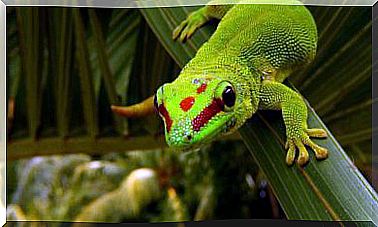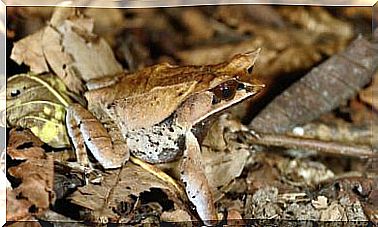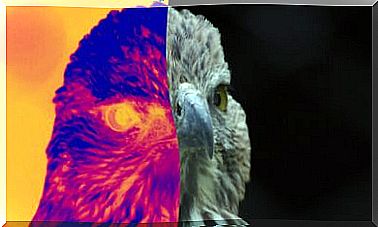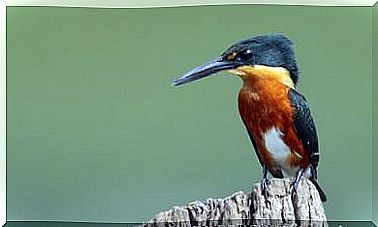The Intelligence Of Reptiles And Amphibians
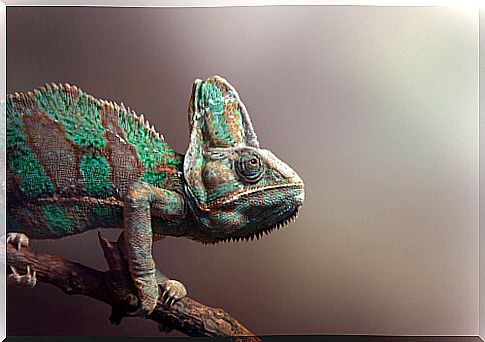
The intelligence of reptiles and amphibians has been little studied, and many researchers have labeled them mechanical beings. However, they are learning animals whose intelligence can be fascinating.
The apparent slowness and lack of response to some stimuli has meant that these animals have not been the protagonists of many behavioral studies in the past. However, more and more research focuses on the intelligence of reptiles and amphibians.
The intelligence of amphibians
Although their communication has been extensively studied, amphibians have always been considered simple animals. For example, it has been seen how common frogs are able to dodge media with excess salt, something that could kill these animals.
In another study it was shown how some poisonous frogs ( Dendrobates auratus ) are capable of adapting their behavior to the environment in a similar way to mammals, and can solve mazes whose goal is changed by researchers. In fact, amphibians have a great capacity for spatial learning and orientation within their range of habitat.
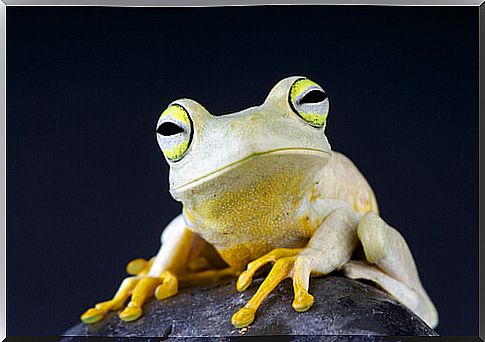
One of the most studied species of amphibian is the red-backed salamander ( Plethodon cinereus ), widely used in research in the United States. This species has been seen to chemically identify its prey: it prefers those that are more nutritious and defends those territories where they are abundant.
In this species it has also been verified that there is recognition of individuals, something that is demonstrated both through territorial behaviors towards known animals and through cannibalistic behaviors on the offspring of other animals. It has even been seen through training that they can discriminate low versus higher amounts of food.
The intelligence of reptiles
In the same way as amphibians, the intelligence of reptiles has been little studied, although data such as the elongated parental care of crocodiles or the complex social organizations of some lizards are known.

In the case of reptiles, many are trained in zoos to facilitate the handling of these animals. It has also been found that most turtles have a great sense of direction and that some exhibit social learning. The anoles of Puerto Rico, for example, are capable of solving cognitive tests similar to chickens.
Play in amphibians and reptiles
We say that the intelligence of reptiles and amphibians is undervalued because a behavior that many do not expect to find in these animals is play.
Judging behaviors such as curiosity or play is difficult if we study animals such as reptiles or amphibians, both due to the use of inappropriate stimuli and the difficulty of identifying such behavior in reptiles. We are hardly going to find a turtle running after a ball or two snakes fighting as a joke, but that does not mean that there is no game in reptiles.
For example, Nile softshell turtles have been seen repeatedly pushing and biting floating objects, or even playing tug of war with their keepers. Similar behaviors have also been seen in monitor lizards, which also show great affinity for their caretakers and for interacting with them, as do some iguanas and chelonians.
Although less easily evident in amphibians, Theloderma corticale tadpoles have been seen repeatedly getting into currents, or how dart frogs can engage in fights that do not injure them and do not appear to have any reproductive sense.

